
The reasons for a poor ovarian response to stimulation with gonadotropins are not clear. Mitochondrial dysfunction and oxidative stress are possible explanations for the diminished ovarian response. Coenzyme Q10 is essential for energy production in the mitochondria of oocytes and is important for antioxidant protection in oocytes.
Coenzyme Q10 pre-treatment of young low-prognosis patients with diminished ovarian reserve or poor ovarian response increased the patients’ ovarian response to stimulation and improved oocyte and embryo quality.
The CoQ10 pre-treatment was associated with improved pregnancy and live birth rates.
After one completed assisted reproductive technique treatment cycle, the women treated with Coenzyme Q10 had a 32% pregnancy rate and a 29% live birth rate. The women in the control group had a pregnancy rate of 17% and a 16% live birth rate.
The miscarriage rate was 9% in women from the CoQ10 group and 13% in women in the control group.
CoQ10 Supplementation and Women Needing Assisted Reproductive Technology
In the study, women under the age of 35 diagnosed with poor ovarian response were randomly assigned to take 200 milligrams of Coenzyme Q10 three times a day for 60 days (n=76) or to take a placebo (n=91).
The baseline characteristics of the women in the two study groups were comparable with respect to the following characteristics:
- age
- BMI
- duration of infertility
- ovarian reserve tests
- causes of infertility
Most of the women were diagnosed with primary infertility and had not tried assisted reproductive technology before.
CoQ10 Supplementation Safe and Well-Tolerated
No local or systemic side effects related to the use of oral CoQ10 supplements were reported in the study. The CoQ10 supplementation was safe and well-tolerated.
Outcomes of CoQ10 Pre-treatment of Women with Poor Ovarian Response
The study results demonstrated that pre-treatment with CoQ10 supplements had the following outcomes compared to the placebo treatment:
- Significantly lower amounts of gonadotrophin needed for stimulation
- Borderline shorter duration of gonadotrophin therapy
- Significantly higher median number of retrieved oocytes
- Significantly higher serum estradiol levels
- Significantly increased fertilization rate
- Significantly increased number of high-quality embryos
- Significantly lower rate of cancelled cycles
- Fewer cancelled embryo transfers
- Higher pregnancy and live birth rates
Take Home Message: Coenzyme Q10 and Assisted Reproductive Technology
- The researchers attributed the beneficial effects of the CoQ10 pre-treatment on reproductive function to CoQ10’s effect on the antioxidative capacity and energy production in the oocytes.
CoQ10 Supplementation for Women Undergoing IVF-ET
In a smaller study of women undergoing in-vitro fertilization, researchers compared 15 women supplemented with Coenzyme Q10 to 15 unsupplemented women.
The women ranged in age from 31 to 46 years with an average age of 33 years in the CoQ10 supplemented group and 35 years in the placebo group.
Outcomes of the CoQ10 Supplementation of Women undergoing IVF
- Significantly increased follicular fluid CoQ10 content
- Borderline significantly higher CoQ10 content in follicles containing oocytes
- Greater protection against free radical damage
- Significantly more scavenging of harmful free radicals in fluid from follicles containing mature oocytes and in follicles containing immature oocytes
Effect of CoQ10 Supplementation on Women over the Age of 35
In the patients supplemented with Coenzyme Q10, the follicular fluid total antioxidant capacity was significantly decreased, especially in women over the age of 35 years.
Take Home Message: Coenzyme Q10 and IVF
- CoQ10 supplementation provides antioxidant protection to the follicular fluid, which may support oocyte maturation and reproductive success.
- CoQ10 supplementation and increased CoQ10 content in the follicular fluid may be beneficial with respect to CoQ10’s bio-energetic role in the oocytes.
Sources
Giannubilo SR, Orlando P, Silvestri S, et al. CoQ10 Supplementation in Patients Undergoing IVF-ET: The Relationship with Follicular Fluid Content and Oocyte Maturity. Antioxidants (Basel). 2018;7(10):141.
Xu Y, Nisenblat V, Lu C, et al. Pretreatment with coenzyme Q10 improves ovarian response and embryo quality in low-prognosis young women with decreased ovarian reserve: a randomized controlled trial. Reprod Biol Endocrinol. 2018;16(1):29.
The information presented in this review article is not intended as medical advice and should not be used as such.
15 August 2020


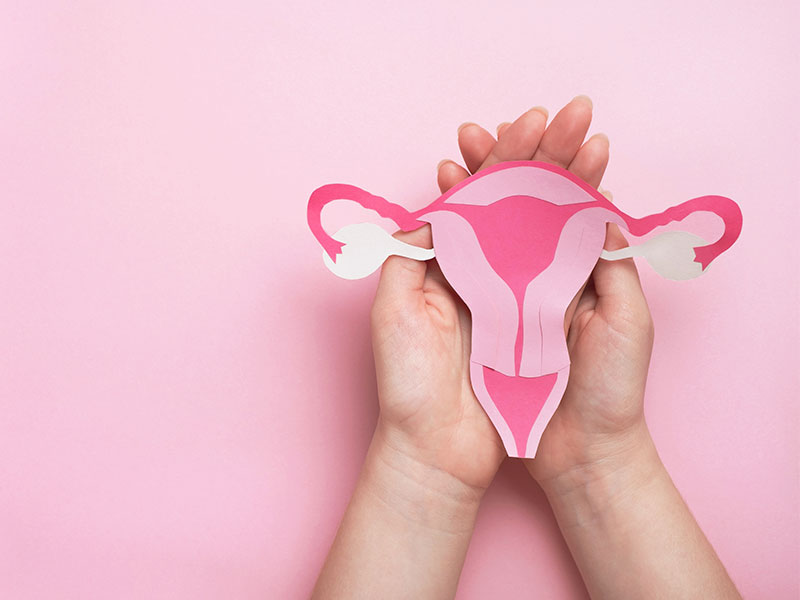
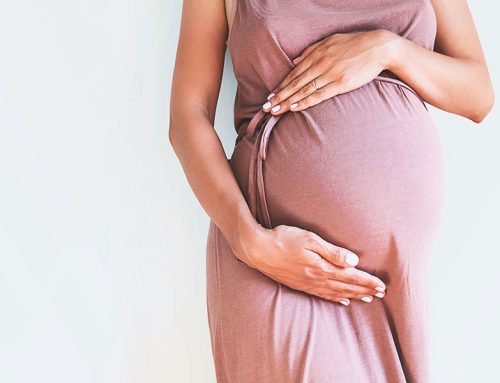
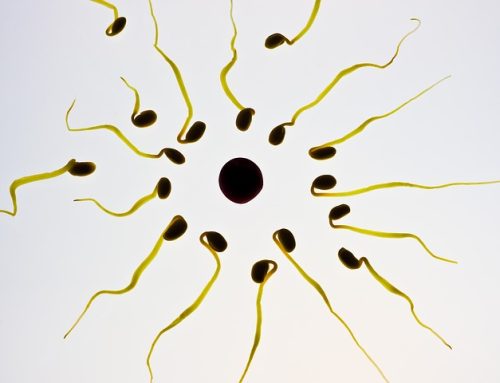
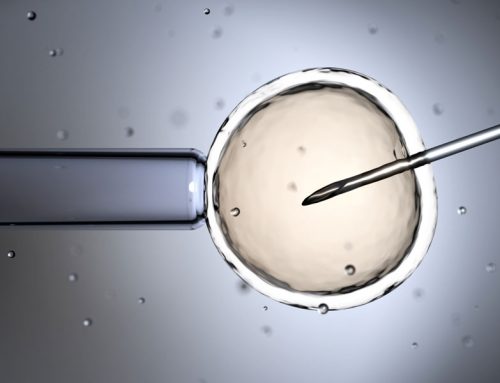

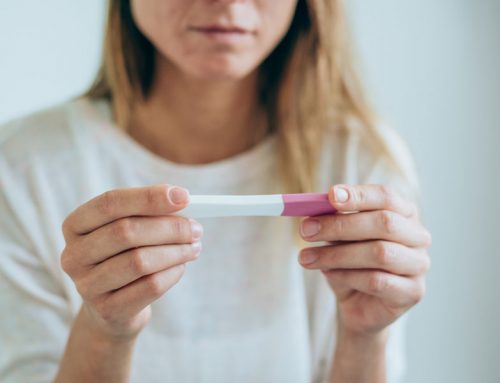

Leave A Comment